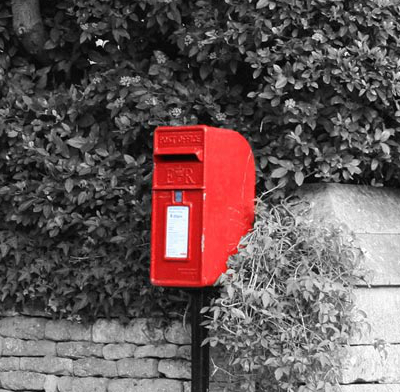Upcycling: The Future of Sustainable Eating

Food waste is a huge, international problem. According to the Food Standards Agency, the UK alone throws away 7 million tonnes of food and drink each year - and a lot of this is still edible.
Many of these unspoiled foods are ingredients that have been classed as "waste products", but are still safe to eat. For example, edible by-products such as whey, or supermarket fruits and vegetables that have been considered too old to sell. These foods end up getting thrown away, but removing them from waste could relieve some of the pressure on landfills, and prevent the resources used to grow and harvest the foods in the first place from being wasted.
Attempting to tackle this problem, London-based company, Rubies in the Rubble, uses surplus fruits and vegtables to make relishes and other condiments, making use of food that would otherwise be thrown away. Similarly, ReGrained, a company based in San Fransisco, use spent beer grains to make granola bars.
However, a recent study found that the language used to describe food produced in this manner is especially important - ReGrained community manager, Cassidy Lundy, said: "We've run into problems with phrasing things like 'food waste' or something that's unwanted". Researchers at Drexel University tested nine different names for this type of food, in order to gauge consumer response; "Upcycled" was found to be the preferred name, followed by "reprocessed".
Rubies in the Rubble founder, Jenny Costa, said she started the company after reading about food waste one evening in 2010, when she "became passionate about the need to create change. The food system seemed woefully out of balance and I had to act."
Costa believes the best way to encourage people to eat sustainably is by simply making it taste good. "Our strategy is simply to make the best condiments in town and make sure people are won over by their flavour. Then, hopefully it's a bonus when they hear about the ingredients' origins."
Latest News
Elevating Operational Efficiency: Red Box Consultancy Services Ltd. Empowering Independent Schools
Specialised Contract Cleaning
Dean Douthwaite Joins Red Box Conusltancy Services
Merry Christmas 2023 - from all the Red Box Team!
Unwrapping the Magic: Top Tips for a Stress-Free Christmas Lunch Preparation
The Brew Battle: Pros and Cons of 'Proud to Serve' Coffee Concessions vs. Non-Branded Coffee in Catering Facilities
Useful Links to Further Information
- THE BRITISH INSTITUTE OF FACILITIES MANAGEMENT (BIFM)- Founded in 1993, BIFM is a professional body for facilities management, both individuals and organisations.
- FIRST POINT ASSESSMENT (FPAL)- Is a supplier management community supporting the European oil and gas industry.
- THE CHARTERED INSTITUTE OF ENVIRONMENTAL HEALTH (CIEH)- A charity that is the professional and leading voice for environmental and public health and safety.
- INSTITUTE OF HOSPITALITY- A professional membership group that provides support and information for those who work or study in the hospitality and tourism industries.
- FOOD STANDARD AGENCY (FSA)- The governmental department responsible for food safety and hygiene throughout the UK.
- THE UNIVERSITY CATERERS ORGANISATION (TUCO)- TUCO is a professional membership group for in-house caterers within the higher education sector, and is one of the leading organisations of its kind in the UK.
- BRITISH HOSPITALITY ASSOCIATION (BHA)- An agenda-setter and members organisation for the hospitality and tourism industry that helps to promote the interest of operators, brands and owners across the hospitality and tourism sectors.
- ROYAL SOCIETY FOR PUBLIC HEALTH (RSPH)- An independent and multi-disciplinary charity who’s mission is to improve public health and wellbeing.
- INTERNATIONAL FACILITY MANAGEMENT ASSOCIATION (IFMA)- An international association for facilities management professionals, supporting 24,000 members in 105 countries.
